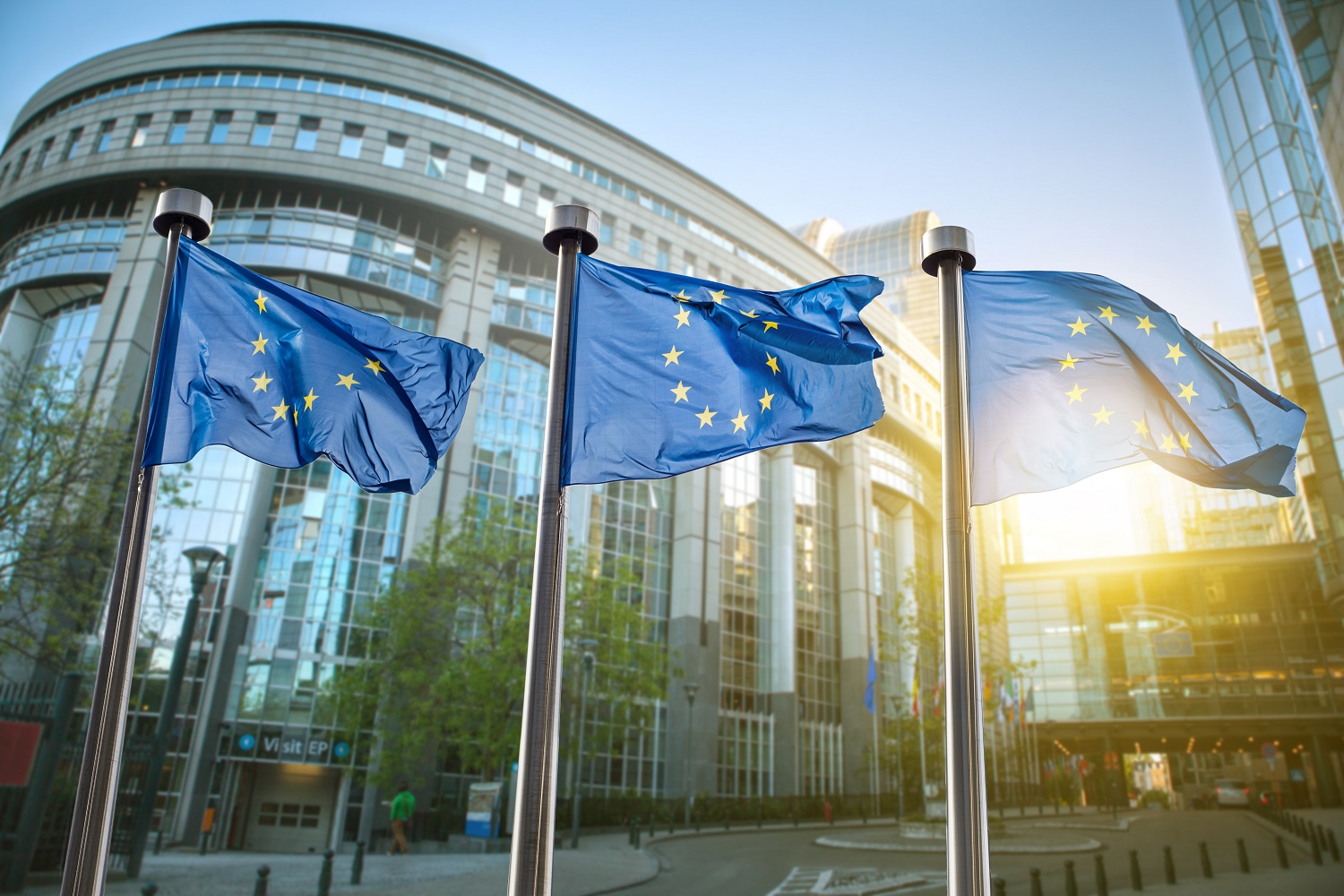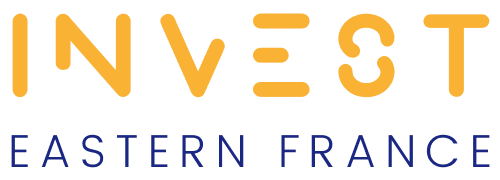
International by nature
Eastern France has a plethora of assets, the main one being certainly its international character. With more than 750 kilometres of borders shared with Belgium, Switzerland, Luxembourg and Germany, the region maintains a close relationship with its neighbours, be it on a historical, cultural or economic level.
Eastern France also benefits from the traditional French access to the Middle East and French-speaking African countries
An international region
Eastern France offers a strategic location where international exchange is within reach.
It is home to Strasbourg, one of the three capitals of Europe and the headquarters of several European institutions. Alsace and Lorraine constitute a bicultural territory and a genuine Franco-German platform for economic, cultural, and human exchanges.
Luxembourg and Belgium have natural outlets and important daily exchanges with Moselle and Ardennes, while Reims, with its ideal location at the gates of Paris and on the Great Britain/Italy axis, is home to many international players.
This strategic location, as well as a unique historical and cultural heritage, make Eastern France an economic powerhouse of international stature, as evidenced by numerous rankings: 1st French region for FDI (Foreign Direct Investment), 1st French region for exports per capita, and home to over 2,000 foreign companies!
The best of France
With a leading position in aeronautics, aerospace, nuclear power, chemicals, agri-food and a plethora of other sectors, France is an industrial heavyweight and the world’s sixth largest exporter. 1/3 of French exports are generated by 20,000 foreign companies established locally and employing 2 million people, making France the leading destination for foreign investment in Europe.
Quality higher education and research, paired with the most efficient R&D tax credit in Europe, fuel innovation in 71 innovation clusters and generate the 2nd highest level of new patent applications in Europe – and the 4th highest in the world. Low operating costs – including the best in Europe for electricity and water, reduced red tape and extensive use of the internet to handle most procedures from setting up a business to paying taxes – contribute to an efficient business environment. Historical and cultural links with the Middle East and French-speaking African countries open up further opportunities for companies operating from their French base.
At the heart of Europe
Three international airports and a dense network of motorways on the north-south and east-west axes give the region direct access to major European cities: Paris, Lyon, Brussels, Frankfurt, Zurich, Milan, among others.
With Germany and France as the No. 1 and No. 2 markets in Western Europe, the location of Eastern France on the Franco-German border makes it the ideal starting point for conquering the commercial potential of Europe. With the London-Milan axis, the European backbone of industry, research, higher education and investment, running through the region, offering easy access to customers, partners, financiers and talent, Eastern France is always within easy travelling distance. As a highly externally connected region, it is home to the European institutions in Strasbourg, two European universities, and no less than 19,000 cross-border workers, making it an international hub of multiculturalism and intellectual exchange.
The Rhine, a cultural crossroads
Europe’s historic trade routes, from north to south on the Rhine, and from east to west along the Alps, have met for centuries in the heart of Eastern France. Celts, Germans, Romans, Jews, settled here, did business, integrated new populations and cultures, and created both a cultural melting pot and an international commercial centre, from Strasburg, the City of Roads, to Basel, the intellectual capital of medieval Europe, via Reims, the city of the coronations of the Kings of France, or Nancy, the refuge of the King… of Poland!
The architecture, the gastronomy, the landscape, the language, the communities, all testify to the strength of the multiple cultural influences that shape Eastern France today.
To date, Eastern France has attracted more than 2000 foreign companies. It is the second French region for production sites with foreign capital, and the first destination for German or Austrian projects (second destination for American projects). Thus, the foreign contribution represents, depending on the criteria, up to 50% of the regional figures.
Comprehensive infrastructure
With 3 European airports, and several intercontinental hubs within reach by train or car, Eastern France offers privileged access to Europe and the world. Its high-speed rail connections put the region within easy reach of southern France as well as England, Benelux, Germany and central Europe. Eastern France has also multimodal ports on the Rhine, Moselle, Meuse and Seine, creating a direct connection with Rotterdam, Antwerp and Le Havre.
